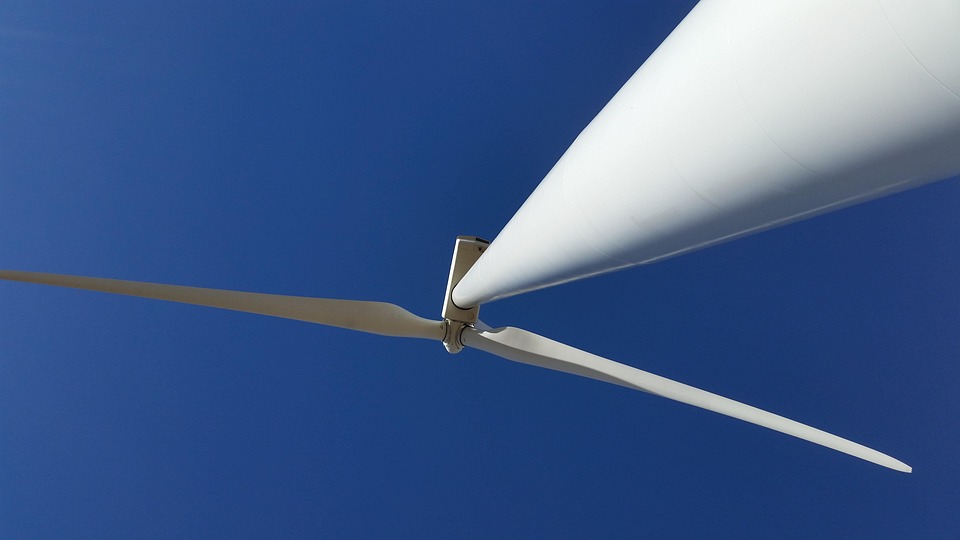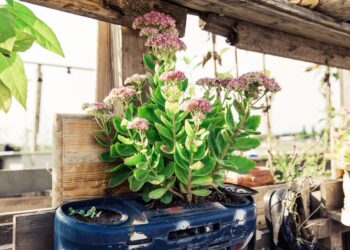Revolutionizing Waste: Mastering Advanced Composting Techniques for a Greener Future
In today’s world, waste management has become a pressing issue that needs immediate attention. With landfills reaching capacity and pollution levels rising, it is crucial that we find sustainable solutions to reduce our environmental impact. One of the most effective ways to tackle this problem is through composting.
The Benefits of Composting
Composting is the process of decomposing organic waste into nutrient-rich soil, which can then be used to nourish plants and improve soil quality. Not only does composting help reduce the amount of waste that ends up in landfills, but it also helps combat climate change by reducing greenhouse gas emissions.
By composting organic waste such as food scraps, yard trimmings, and paper products, we can divert valuable resources from the waste stream and create a closed-loop system that benefits both the environment and our communities. Composting is a simple yet powerful way to make a positive impact on the planet and contribute to a greener future.
Traditional vs. Advanced Composting Techniques
While traditional composting methods have been used for centuries, advanced composting techniques offer a more efficient and streamlined approach to waste management. Advanced composting technologies utilize innovative processes and equipment to speed up the decomposition process and produce higher-quality compost.
Some of the key differences between traditional and advanced composting techniques include:
- Temperature control: Advanced composting systems use temperature monitoring and control mechanisms to optimize the decomposition process and kill off harmful pathogens.
- Aeration systems: Advanced composting systems incorporate aeration systems that help maintain oxygen levels in the compost pile, promoting faster decomposition and reducing odors.
- Composting accelerators: Advanced composting techniques may utilize composting accelerators such as enzymes and microbes to speed up the decomposition process and produce high-quality compost in a shorter amount of time.
Common Questions About Composting
As more people become interested in composting, there are several common questions that arise about the process. Here are some of the most frequently asked questions about composting:
1. What can be composted?
Most organic materials can be composted, including fruit and vegetable scraps, coffee grounds, eggshells, yard waste, and paper products. It is important to avoid composting meat, dairy, and oily foods, as they can attract pests and cause odors.
2. How long does it take to make compost?
The time it takes to make compost depends on several factors, including the size of the compost pile, the temperature, and the moisture levels. In general, it can take anywhere from a few weeks to several months to produce usable compost.
3. How do I start composting at home?
Starting a compost pile at home is easy and requires minimal equipment. All you need is a compost bin or pile, organic waste materials, and a little bit of patience. By following a few simple steps, you can create your own nutrient-rich compost to use in your garden.
Advanced Composting Techniques for Maximum Efficiency
For those looking to take their composting efforts to the next level, advanced composting techniques offer a range of benefits that can help maximize efficiency and produce high-quality compost. Here are some advanced composting techniques to consider:
1. Vermicomposting
Vermicomposting is a type of composting that utilizes worms to break down organic waste materials. Worms help speed up the decomposition process and produce nutrient-rich castings that can be used as fertilizer. Vermicomposting is an excellent option for those with limited space or who want to compost indoors.
2. Bokashi composting
Bokashi composting is a fermentation process that uses a special type of bran infused with beneficial microbes to break down organic waste. Bokashi composting can handle a wider range of materials than traditional composting methods and produces a nutrient-rich liquid that can be used as a fertilizer.
3. Aerated static pile composting
Aerated static pile composting is a method that utilizes aeration systems to speed up the decomposition process and produce high-quality compost in a shorter amount of time. By maintaining optimal oxygen levels in the compost pile, aerated static pile composting can help reduce odors and produce compost more efficiently.
Conclusion
Composting is a powerful tool that can help revolutionize waste management and create a greener future for our planet. By mastering advanced composting techniques and incorporating them into our daily lives, we can reduce our environmental impact, improve soil quality, and contribute to a more sustainable future for generations to come.
Whether you are new to composting or looking to take your composting efforts to the next level, there are a range of advanced techniques and technologies available to help you achieve your goals. By embracing composting as a way to reduce waste, conserve resources, and nourish our planet, we can all play a part in creating a more sustainable future for all.
So why wait? Start composting today and join the movement towards a greener, more sustainable future!





















































